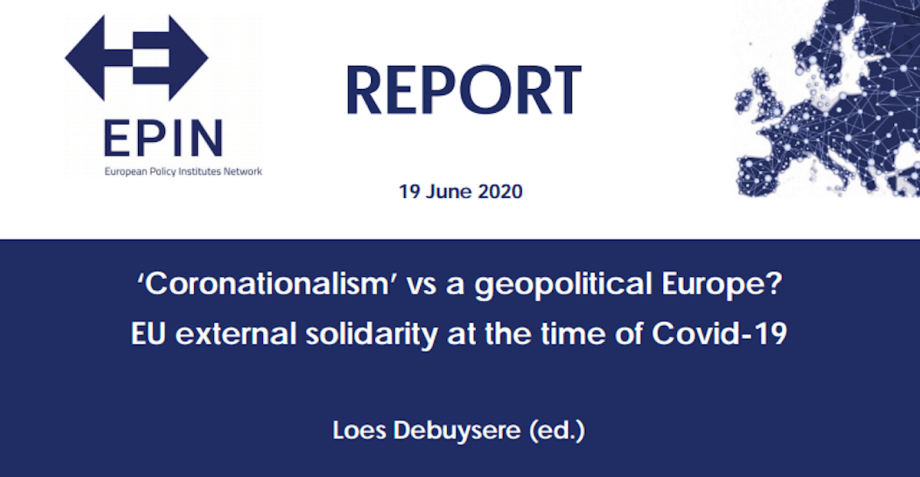External Solidarity is Important, but the Devil is in the Detail

There are two main issues that have been dominating the political debate in Poland during the pandemic and external solidarity is not one of them. The first topic is related to tackling the consequences of the COVID-19 pandemic at home. The second is connected to holding the presidential election in the upcoming few weeks. Nevertheless, external solidarity has entered the public debate in Poland in the early stages of the lockdown. This is probably because Poland wants to avoid a situation in which, as was the case in the aftermath by the migration crisis in 2015, it is accused of a lack of solidarity in facing joint challenges. Hence, today Poland seeks to project a positive image on the European stage in extending a helping hand to those in need. As a result, being the country in which the Solidarity Movement in the 80s was born, Warsaw claims to have a duty to extend its solidarity to neighbouring countries and to support their endeavours to tackle the consequences of the pandemic.
To read more go to the report here
This piece was published as part of the European Policy Institutes Network (EPIN) report ‘Coronationalism’ vs a geopolitical Europe? EU external solidarity at the time of Covid-19” edited by Loes Debuysere from CEPS.
Based on expert contributions from a representative cross-section of thirteen member states, this report delves into the question of whether and how external solidarity has been part of the political or public debates in COVID-struck Europe. It finds that, for now, neither ‘coronationalist’ nor geopolitical ambitions dominate the relatively little politicized debates about international cooperation and development aid.
